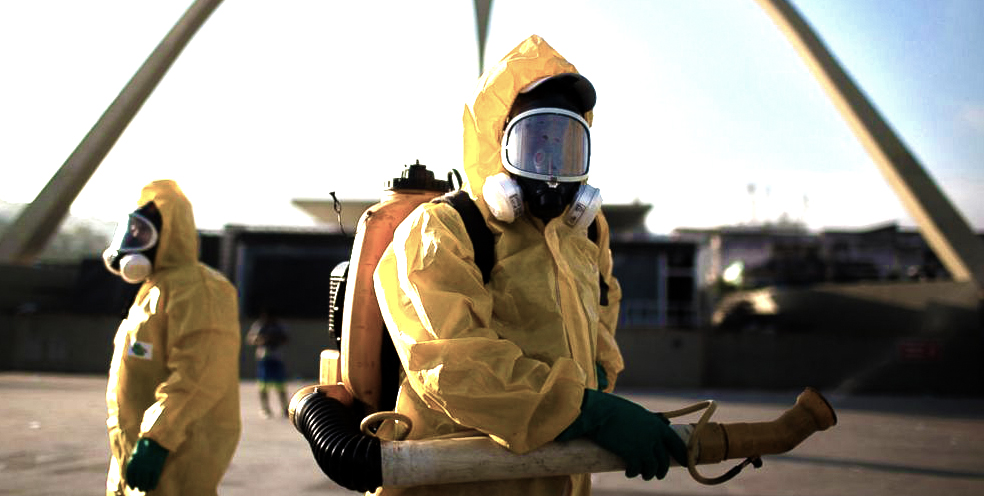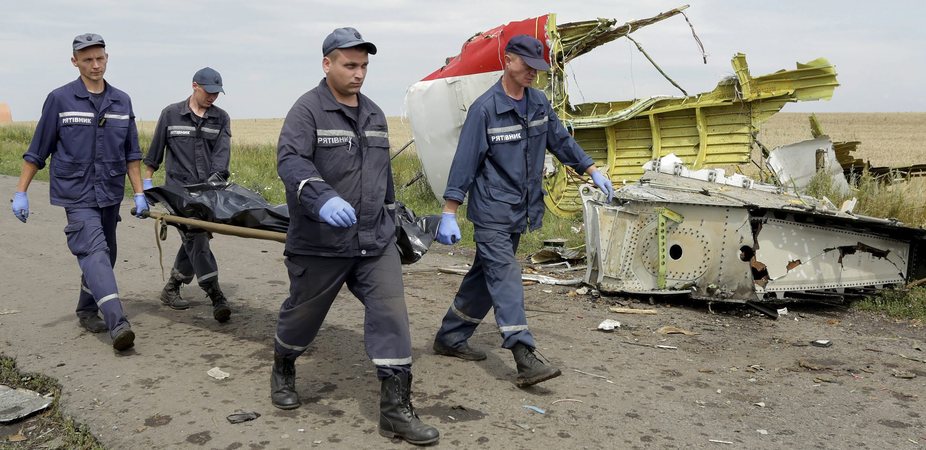Griffith PhD candidate Chris Little will use advanced 3D scanning to help solve one of World War I’s great mysteries.
What happened to the German tank known as Mephisto has been scrutinised for almost 100 years, but Mr Little believes his research may help put an end to the speculation and take the public inside the tank for the first time.
Mephisto was immobilised in the area close to Villers-Bretonneux called Monument Wood in France when it became stuck in a shell crater.

The Germans were unable to recover Mephisto so it remained stranded until July 1918 when Australian troops of the 26th Battalion AIF, which was composed mainly of Queenslanders, eventually regained the lost ground and pushed the Allied front line past Mephisto’s position.
As a result the battalion’s commander ordered the capture of Mephisto and it was sent to Australia as a war trophy. It is the sole surviving A7V tank in the world.
Mr Little said many people have a memory of Mephisto from seeing it at the Queensland Museum, however few have experienced the tank from the inside.
“I’m wanting to bring a sense of excitement into the experience of the tank by allowing them to get up close and personal with it,” he said.
“Mephisto is a very special tank, it is captivating; the mysteries around it, seeing the Queensland troops around it before they brought it back to Australia and hearing stories from people who have been involved with the tank.
“This is an opportunity to give people’s memories of it even more meaning.”
Mr Little’s research uses 3D scanning to create a complete and accurate data set of Mephisto, developing an interactive virtual display of it and finally moving the tank back into its original position in Villers-Bretonneux using advanced forensic software and GPS technology to create a ballistic analysis.

He will present this research project titled, ‘Last Days of Mephisto – Forensic and Ballistic Science’ at the inaugural World Science Festival Brisbane on March 10 as one of the feature presenters.
Mr Little has 15 years experience in 3D scanning in particular with forensic crime scenes and heritage preservation.
Griffith University is an academic partner of the World Science Festival Brisbane. Queensland Museum will host the Festival in Brisbane from March 9 to 13.
The inaugural festival will take science out of the laboratory and into the streets, parks, museums, galleries and premier performing arts venues of Brisbane’s Cultural Precinct in South Banks.
A range of Griffith’s experts will join international leaders from across science and the arts for four action-packed days of public science at its best.
Find out more about Griffith’s involvement in the Festival.





